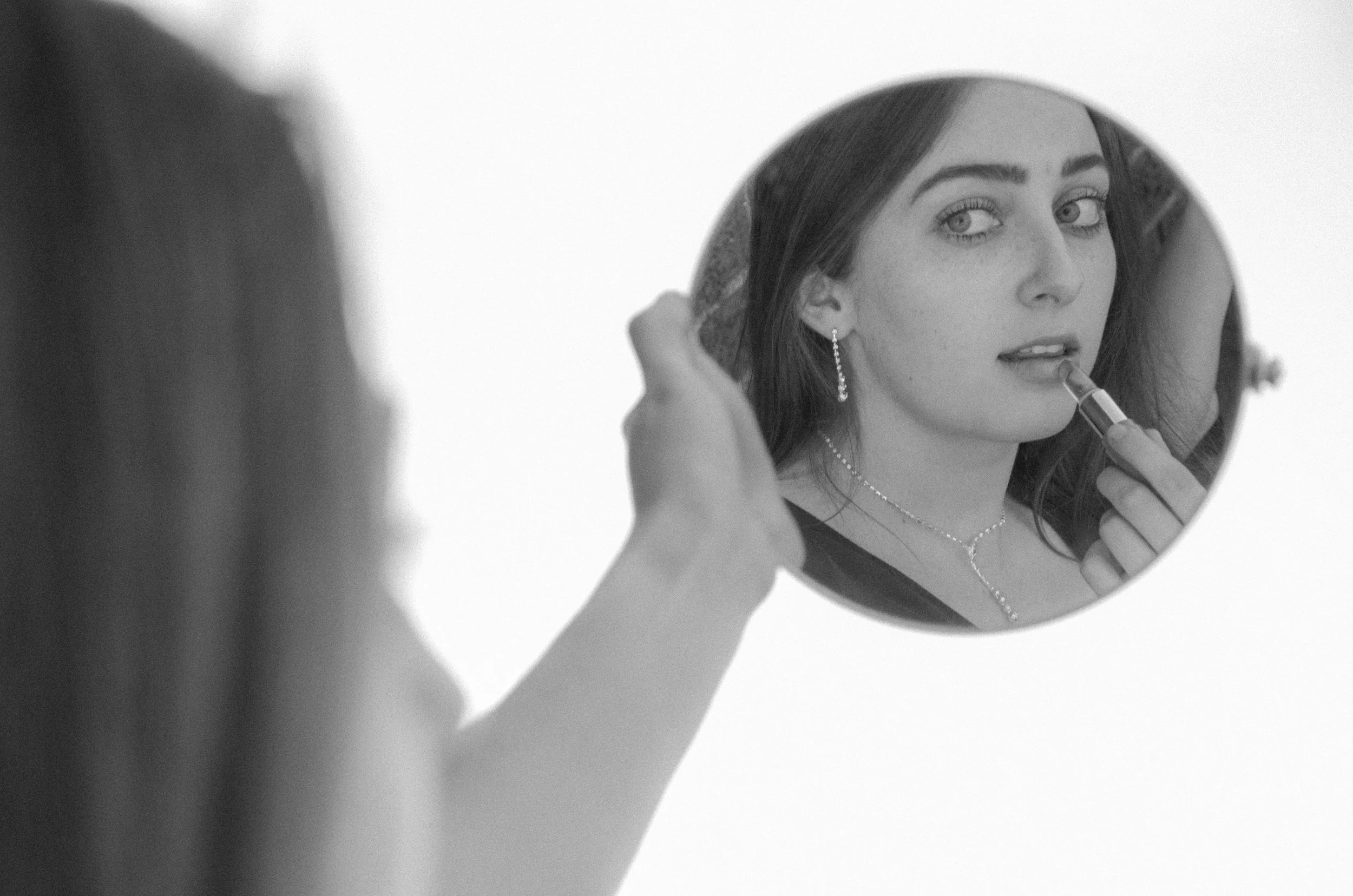Societal Stigmas of the Sexes
Women have struggled with their place in society for years and continue to be ridiculed in the 21st century. The cost of being a woman increases every day. From being sexualized by men, struggling with self-esteem, and getting labeled by others based on how we dress, act, or look, it is time women start fighting back against societal stigmas.
Overconsumption of Caring?
Caring about what others think is exhausting, but that's human nature. Humans fear criticism, which is why we often lack high self-esteem. When we build a relationship with someone, we may constantly worry about what they like, how they feel about us, or what they tell their friends. It can be somewhat healthy to care about others' opinions, but it can harm your mental health if it consumes your entire self-perception. Ultimately, not caring about what others think can help you become fearless. This is often easier said than done. In the end, you're only living for yourself. How we view ourselves matters more than perception, but it's easy to get caught up in it when your value is denoted by how many guys find you attractive or what your friends think of you…
So, how can we focus on our current selves if we constantly think about what our bodies and future will look like? Confidence doesn't develop overnight; the same goes for finding a boyfriend or girlfriend. It takes time to see our full potential and feel secure within ourselves. Don't worry ladies, our time is coming...
But first, let’s unpack.
Young girls are constantly sexualized due to gender inequality and society's stigmas. From the start of puberty well into adulthood, women continue to be sexualized regardless of the circumstance. The rise of technology has made this an even more significant issue; take middle schoolers dressed in minimal clothing in commercials, for example. These commercials are essentially (barely) teenagers dancing to inappropriate music. What do these advertisements encourage and even condone?
Societal pressures also play a role in sexualization. Common phrases like "boys will be boys" demonstrate implicit gender bias, and boys shouldn't be excused from inappropriate comments. Those inappropriate comments performed by young boys transfer well into adulthood, with behaviors such as the common occurrence known as catcalling. Due to the increase of social media platforms, women are sexualized starting at even younger ages. It has been an ongoing problem for many years; the sexualization of young girls' values should not be displayed as props to demonstrate sexual behavior or appeal. Social media then increases these feelings and produces unrealistic standards. Societal norms enable an environment where women can't win.
Maturity is a Factor
While maturity levels will vary, there is a natural tendency for girls to mature faster and develop emotional intelligence earlier than boys, which results in toxic and childish games, often performed by the latter. These childish games make girls run in circles, questioning our worth and values. In addition to not knowing what they want, guys gravitate towards a specific realm of girls described as ‘hot’ or ‘cute’. What's the difference between being called 'cute' or 'hot'? You might think, is there even a difference between the two? However, the terms are polar opposites. Cute isn't desirable, but hot makes you "easy" or "trashy," according to societal standards.
Some argue that 'hot' and 'cute' refer only to physical characteristics, but these traits are just as suitable for one’s personality. Cute describes the all-american traditional girl; she's wholesome, innocent, and has a good head on her shoulders. Hot refers to girls who can be models, take great care of their appearance, and have a girl-boss mindset. We've all been victims of meeting someone on a night out and our friend asking what we thought about so-and-so, to which we reply: "he's cute, I guess." Cute people are great for relationships; they've got the personality! The big consensus is that cute people get married, and hot people mess around. Thank society for that one. But we can be both hot and cute while also being ladylike, despite being taught at a young age otherwise. The idea of ladylike is to act a certain way around boys, crossing our legs, dressing a certain way, and being polite to everyone. Yet, this is all dated: who says there is only one definition of being a lady? Our time is here; destigmatising societal norms starts now!
Written by Camryn Bacon, Photography: Lindsey Lopez , Social Media: Sahithi Vemuri

